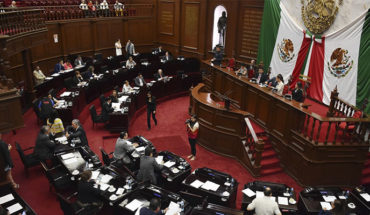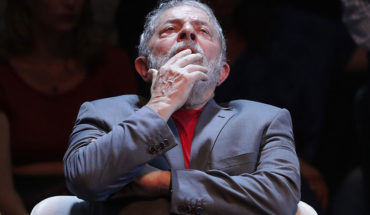
For decades we have been talking about human rights in Chile, and yet, every time a case of sensitive connotation occurs, civil groups – of different ages, political and/or religious positions – rekindle from the ashes an old discussion about the possibility of including the death penalty within our legal system, as a visceral reaction to the painful situation that is being lived.
Chile ratified in 1969 the San José Pact of Costa Rica – which is nothing more or nothing less than the Inter-American Convention on Human Rights – which states in article 4(3): “The death penalty will not be reinstateed in states that have abolished it.”
Chile abolished the death penalty of its criminal order in 2001 – without prejudice to the still being considered within the military order for specific cases, against which motions have already been filed since 2018 to be abolished. There is therefore no possibility of even the idea being raised within our management, nor that we should not resume a discussion that is already dead, because this openly undermines the human rights for which we have fought so hard for decades. While some interpretation might indicate that we could restore the death penalty because there is some resquicious within our legislation that contemplates it, we must remember that international treaties must be interpreted objectively and on the basis of good faith, and therefore, if this penalty has already been abolished at one point in our legislation, and recalling that the St. Joseph’s Covenant seeks to protect life in article 4, this decision constitutes a point of no return.
I understand that as citizens we feel affected and empathizing with the pain of others, because that is an action that differentiates us from others and makes us more human, but I do not understand that people in a dominant position – candidates to be Constituents, communicators, journalists, political scientists or academics, among others – have the audacity to raise this as a possibility.
I call for a stay of sanity, and to occupy the scope that can be had on social media or in the media in a positive and purposeful way. Undoubtedly, cases like that of little Thomas Bravo, or Amber, fill us with anger and pain, and we naturally want to seek to ensure that what we legitimately believe is right to be able to give, according to the famous concept of Ulpiano, to “everyone’s own,” but this justice can never go through snating someone else’s life, nor can it pretend to ignore human rights. To forget this is to close our eyes to the suffering of the Jewish people, to the victims of political dictatorships throughout history, to the thousands of dead who had to sacrifice their lives so that today we can talk quietly about human rights.
This measure today, therefore, is not a method of accessing justice, and should not even be regarded as a possibility. Knowing “what corresponds to each one” is a question that even in thousands of years of evolution we have not managed to settle as a society, and as long as we are not able to reach a more finished analysis, we cannot make decisions that do not allow for return, as is the death penalty.
The content poured into this opinion column is the sole responsibility of its author, and does not necessarily reflect the editorial line or position of El Mostrador.





